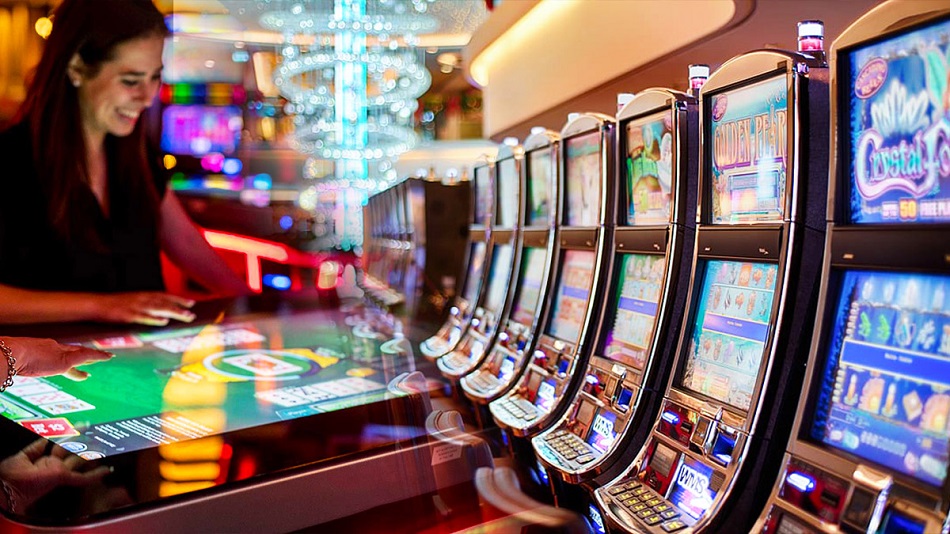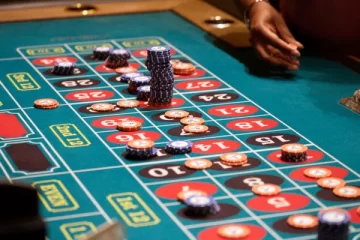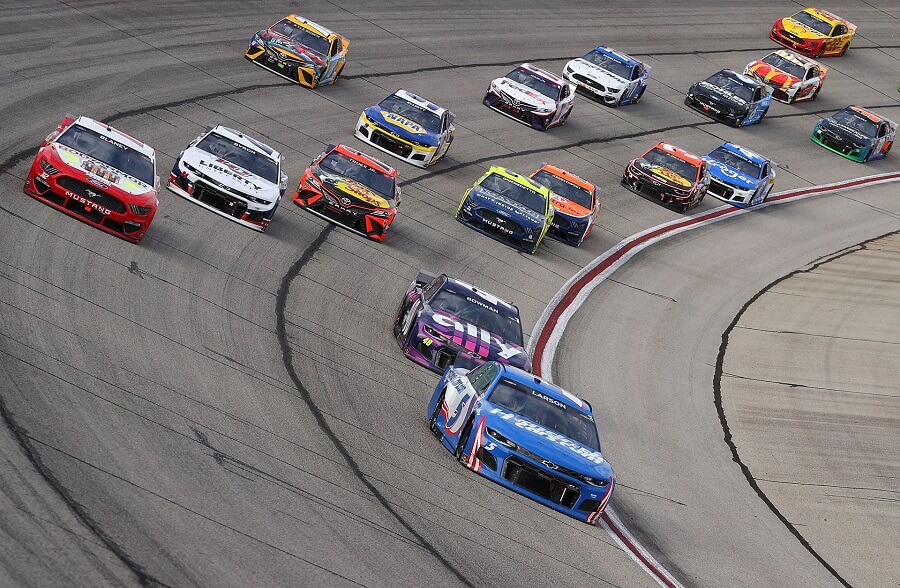Casino Operators Want to Make Skill Games Legal in Pennsylvania

Pennsylvania casinos believe that skill games violate the state’s Racehorse Development and Gaming Act. Many of the lower courts in the state have ruled in favor of skill gaming manufacturers over the legal, regulated casino industry. Several judges have sided with Pace-O-Matic (POM) and ruled that gaming machines, related equipment, and cash were wrongly seized from businesses in 2021. The casinos in Pennsylvania are responding by taking the matter to the Supreme Court.
A petition to the Supreme Court
POM has brought many complaints against state agencies, such as the Pennsylvania Department of Revenue, for seizing assets. In each instance, state agencies have had to return gaming terminals and cash.
The casinos have now petitioned the Supreme Court. Attorney Joel Frank of the Lamb McErlane law firm is representing six state casinos, including Parx Casino PA. He is requesting that the Supreme Court review the 2019 ruling. This ruling found that because gaming machines are not governed by the Gaming Act, they could not be seized by law enforcement.
Pennsylvania law is quite clear that without a casino license, it’s illegal to accept real money bets via slot machines. POM does not dispute this fact and maintains that their machines are not like slot machines at all.
The difference between skill gaming terminals and slot machines
A leading manufacturer of skill gaming terminals is Pace-O-Matic. Skill games may look and sound like slot machines, but they operate differently. A spin doesn’t determine a win or a loss. A skill element comes in by a player identifying a winning payline.
POM officials say this skill element means the apparatuses are not games of chance but of skill. The Pennsylvania Gambling Act does not regulate skill games, whereas it does regulate slot machines first-time casino players often choose to play.
Does skill gaming hurt the gaming industry?
Supporters of skill games say they benefit small businesses and not multi-billion dollar casino empires. Host businesses typically split the profits from a skill gaming machine with the manufacturer and distributor. None of the gaming income is taxed.
The state lottery and gaming industry benefits the state through a variety of tax-sponsored programs. As skill gaming isn’t regulated, opponents say they offer consumers no protection. Gambling in the US at licensed casinos offers safe and secure play.
POM recently withdrew litigation that prevented the appeal against the 2019 McCullough ruling. It has cleared the way for the appeal to go ahead. The Supreme Court will announce soon whether it will take up the issue. Are skill machines a way for skilled individuals to display their talent? Should they be made legal? It will be interesting to see what the future holds.
Why Poker Casino is a Must-Visit Destination
April 14, 2025Analyzing the Appeal of Nostalgic Online Slot Themes
October 18, 2024
Comments are closed.





